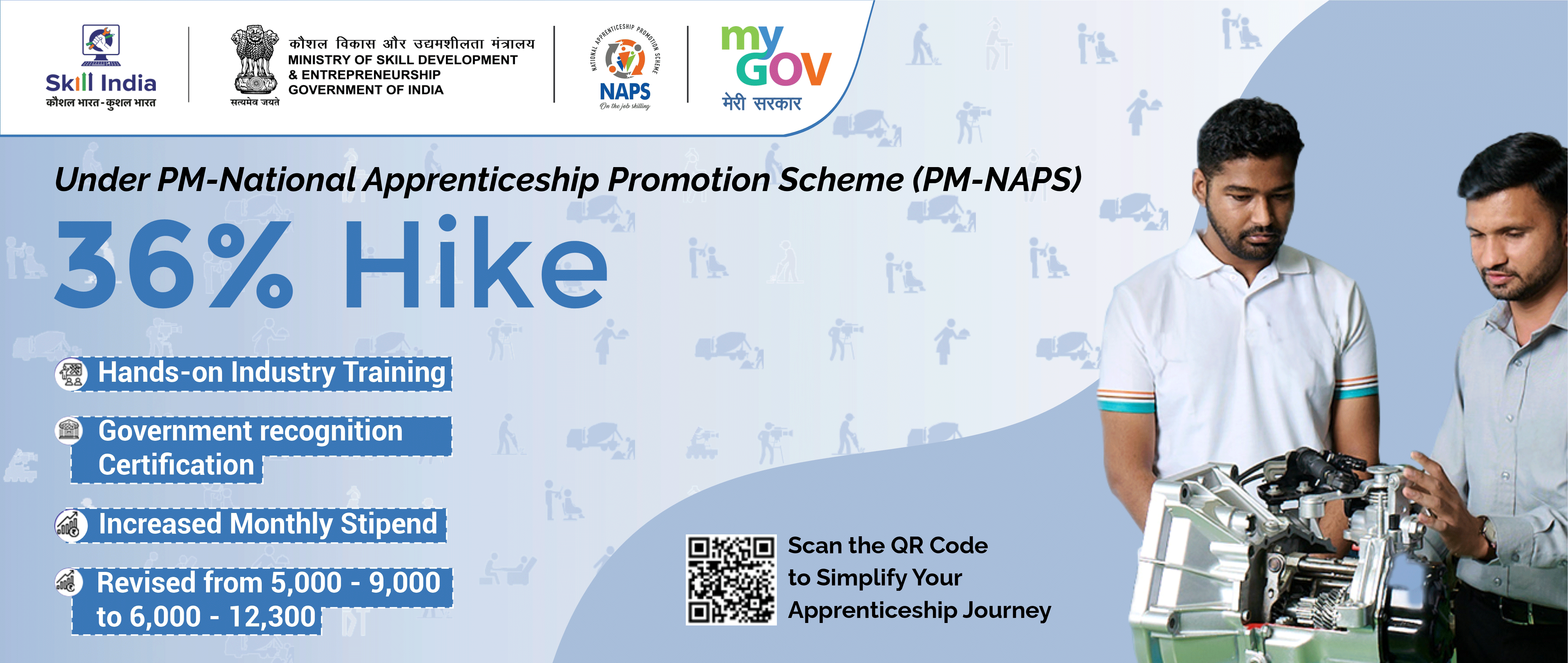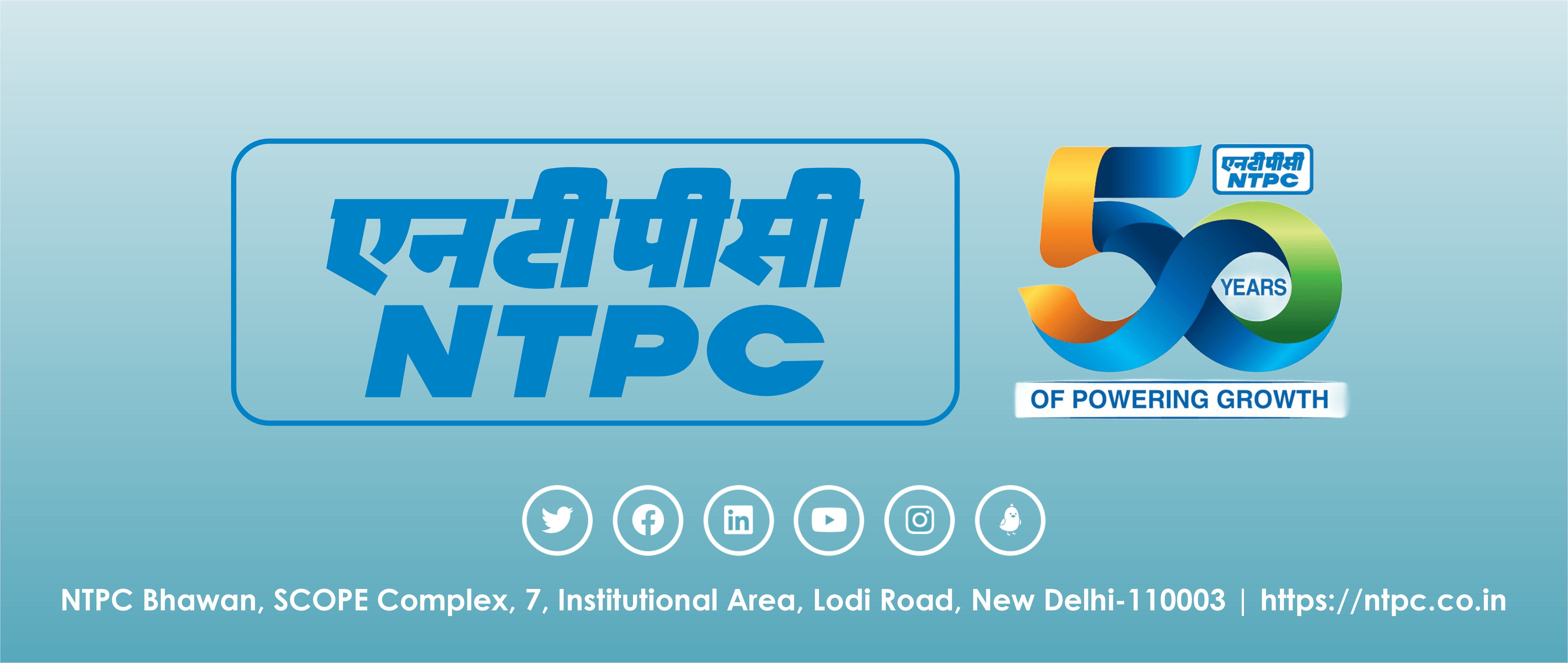TO RECIEVE EXCLUSIVE POSTS AND NEWS
The success of democracy lies in
the participation of its citizens. India is the largest democracy in the world
boasting a young demographic dividend (app. 65% of the population is below 35
years of age). However, does the essence of democracy only stem from a
participation in voting, and does it go beyond the same? Of course, casting
one’s vote is one’s right and responsibility, but how many of us citizens are
aware of our rights and responsibilities, in totality? If we are, it is an
ideal scenario, as we can then implement these, but if we are, by and largely,
not, then this is a matter of concern. What do we, as citizens, do to bring
about the change we wish to see, however ‘big’ or ‘small’? Important components
of the answer to this question are: the readiness to drive positive change and
the skill sets to do so. Over the years, careers have seen
a paradigm shift – from the ‘usual’: medicine, engineering, teaching, and
similar, to some ‘new’ professions, one of which is Public Policy. Public
Policy is a study that doesn’t restrict itself to one domain, but cuts across,
laterally, ensuring a thorough, multidimensional perspective that incorporates
theoretical rigour with experiential learning. Public Policy professionals not
only see themselves as proficient in the hard skills of the subject, but also
the soft skills, of which communication forms the crux. The profession that has seen a
steady demand in recent times also sees a plethora of career options to choose
from – be it the government or private sector. The Government was recently in
the news for 9 lateral entries at the Joint Secretary level, a deviation from
the norm. In recent years, private consulting
organizations are increasingly engaging with the government at multiple levels
and hiring public policy professionals to build a strong knowledge inventory
for them. There is also a greater demand for professionals skilled in public
policy to take up roles in traditional corporations, who employ policy
professionals regularly to assist the Company’s work with the government or to
influence policy. Besides, public policy opens up many options for students in
the area of research and development,
teaching, a career with think tanks and independent research centres. Some
of the other roles include: policy
advisors, programme officers, policy analysts, political strategists, public
policy consultants etc. Another interesting option for students is
entrepreneurship, either by joining a political party or by building their own
social enterprise equipped with skills, tools and sensitivity. Â The
remuneration varies though widely, depending on background, experience and
skills, but also more importantly on the industry one is working in and the
ongoing demand. Approximate figures could be as under: Â Fresh
Graduates – Rs. 5-9 lakhs per annum 1-3
years of experience – Rs. 7-10 lakhs per annum > 4
years of experience – Rs. 12-15 lakhs per annum  The
above will vary depending on the function/role and the individual’s experience.  A
number of institutions offer Public Policy courses in India: India is a country that is set
on the path of dynamic change, and for the same, the country seeks
professionals to assist it – professionals that not only bring with them the
power of theory, the grit, determination and diplomacy to implement, but also
the creativity to design customized solutions for challenges, and the soft
skills required to drive the required change. (By Sarah Berry)
Readers' Choice
Centre swings surprise, Gujarat DGP gets extension in service 7 hours ago
Tenure of Chhattisgarh Chief Secretary extended 12 hours ago
Rajesh Kumar appointed as Chief Secretary of Maharashtra 15 hours ago
Saswata Mishra appointed Principal Secretary to Odisha CM 16 hours ago
Special Director Intelligence Bureau to repatriate as State DGP 16 hours ago
Public policy and career
By IndianMandarins - 2019-06-13 11:30:27

The success of democracy lies in
the participation of its citizens. India is the largest democracy in the world
boasting a young demographic dividend (app. 65% of the population is below 35
years of age). However, does the essence of democracy only stem from a
participation in voting, and does it go beyond the same? Of course, casting
one’s vote is one’s right and responsibility, but how many of us citizens are
aware of our rights and responsibilities, in totality? If we are, it is an
ideal scenario, as we can then implement these, but if we are, by and largely,
not, then this is a matter of concern. What do we, as citizens, do to bring
about the change we wish to see, however ‘big’ or ‘small’? Important components
of the answer to this question are: the readiness to drive positive change and
the skill sets to do so.
Over the years, careers have seen a paradigm shift – from the ‘usual’: medicine, engineering, teaching, and similar, to some ‘new’ professions, one of which is Public Policy. Public Policy is a study that doesn’t restrict itself to one domain, but cuts across, laterally, ensuring a thorough, multidimensional perspective that incorporates theoretical rigour with experiential learning. Public Policy professionals not only see themselves as proficient in the hard skills of the subject, but also the soft skills, of which communication forms the crux.
The profession that has seen a steady demand in recent times also sees a plethora of career options to choose from – be it the government or private sector. The Government was recently in the news for 9 lateral entries at the Joint Secretary level, a deviation from the norm. In recent years, private consulting organizations are increasingly engaging with the government at multiple levels and hiring public policy professionals to build a strong knowledge inventory for them. There is also a greater demand for professionals skilled in public policy to take up roles in traditional corporations, who employ policy professionals regularly to assist the Company’s work with the government or to influence policy. Besides, public policy opens up many options for students in the area of research and development, teaching, a career with think tanks and independent research centres. Some of the other roles include: policy advisors, programme officers, policy analysts, political strategists, public policy consultants etc. Another interesting option for students is entrepreneurship, either by joining a political party or by building their own social enterprise equipped with skills, tools and sensitivity.
Â
The remuneration varies though widely, depending on background, experience and skills, but also more importantly on the industry one is working in and the ongoing demand. Approximate figures could be as under:
Â
Fresh Graduates – Rs. 5-9 lakhs per annum
1-3 years of experience – Rs. 7-10 lakhs per annum
> 4 years of experience – Rs. 12-15 lakhs per annum
Â
The above will vary depending on the function/role and the individual’s experience.
Â
A number of institutions offer Public Policy courses in India:
- Indian School of Business, Hyderabad
- School of Policy & Governance, Azim Premji University, Bangalore
- Indian Institute of Public Administration, New Delhi
- The Indian School of Public Policy, New Delhi
- Indian Institute of Management Ahmedabad
- School of Public Policy and Governance Tata Institute of Social Sciences, Hyderabad
- The Takshashila Institution, an independent think tank and school of public policy
India is a country that is set on the path of dynamic change, and for the same, the country seeks professionals to assist it – professionals that not only bring with them the power of theory, the grit, determination and diplomacy to implement, but also the creativity to design customized solutions for challenges, and the soft skills required to drive the required change.Â
(By Sarah Berry)























